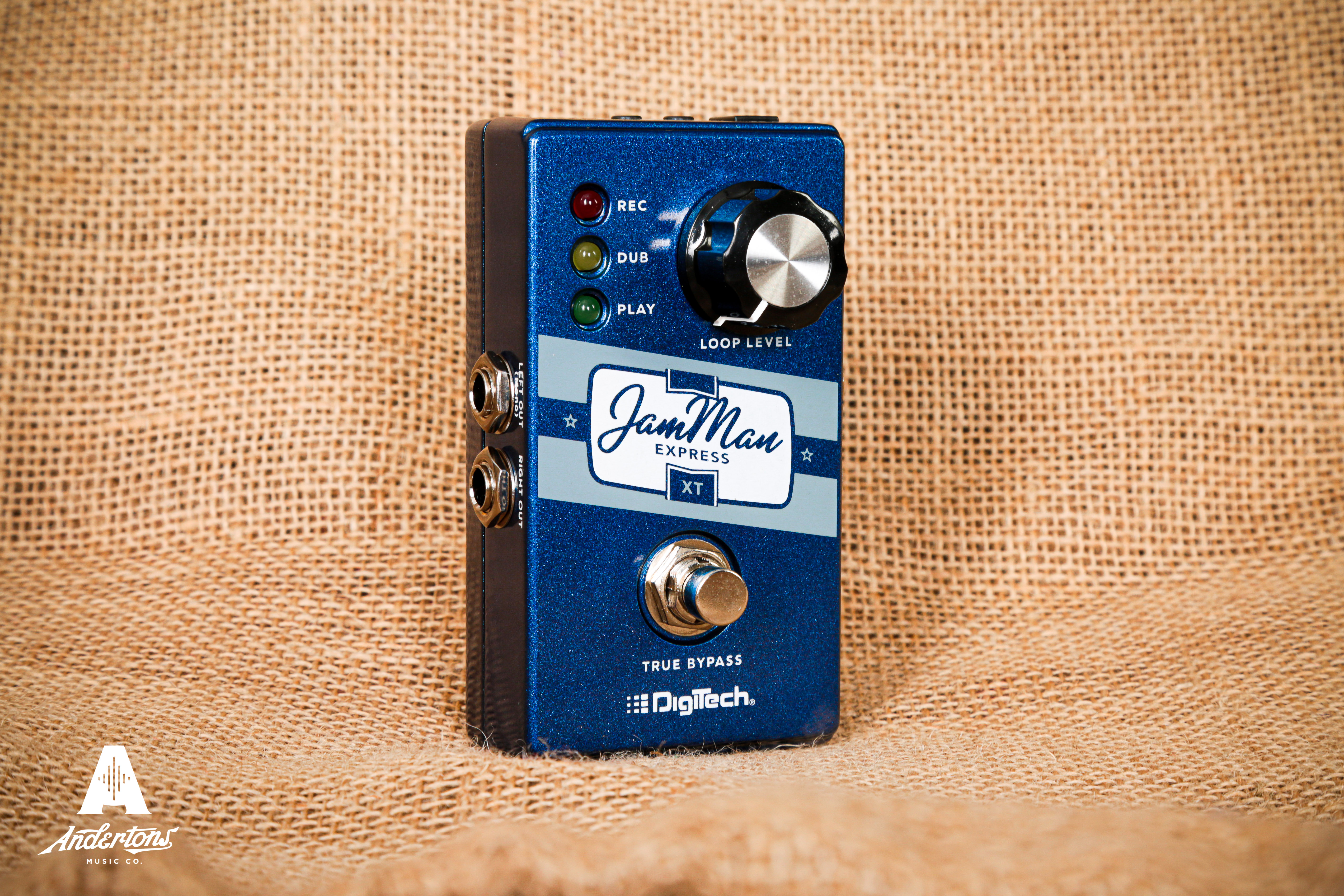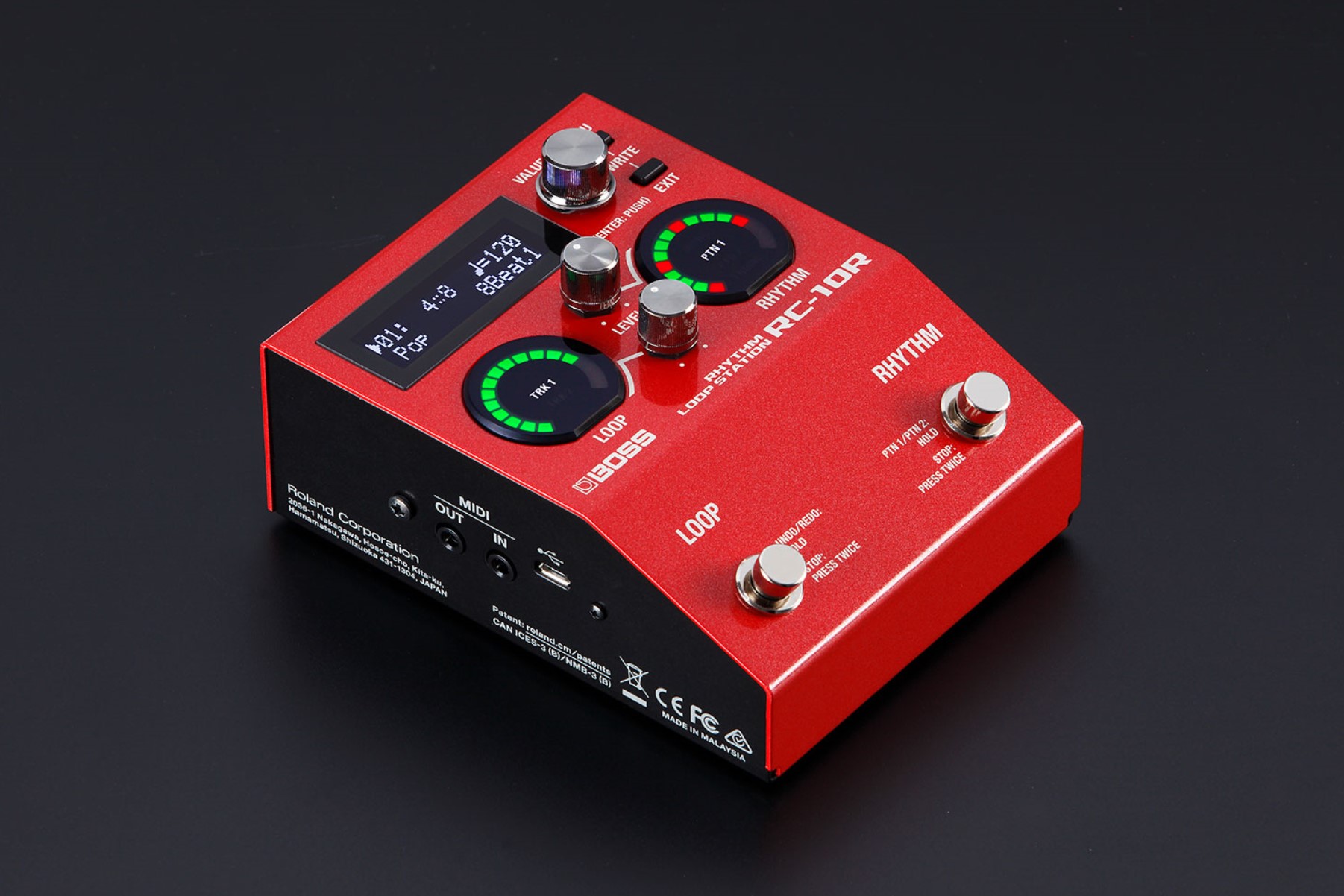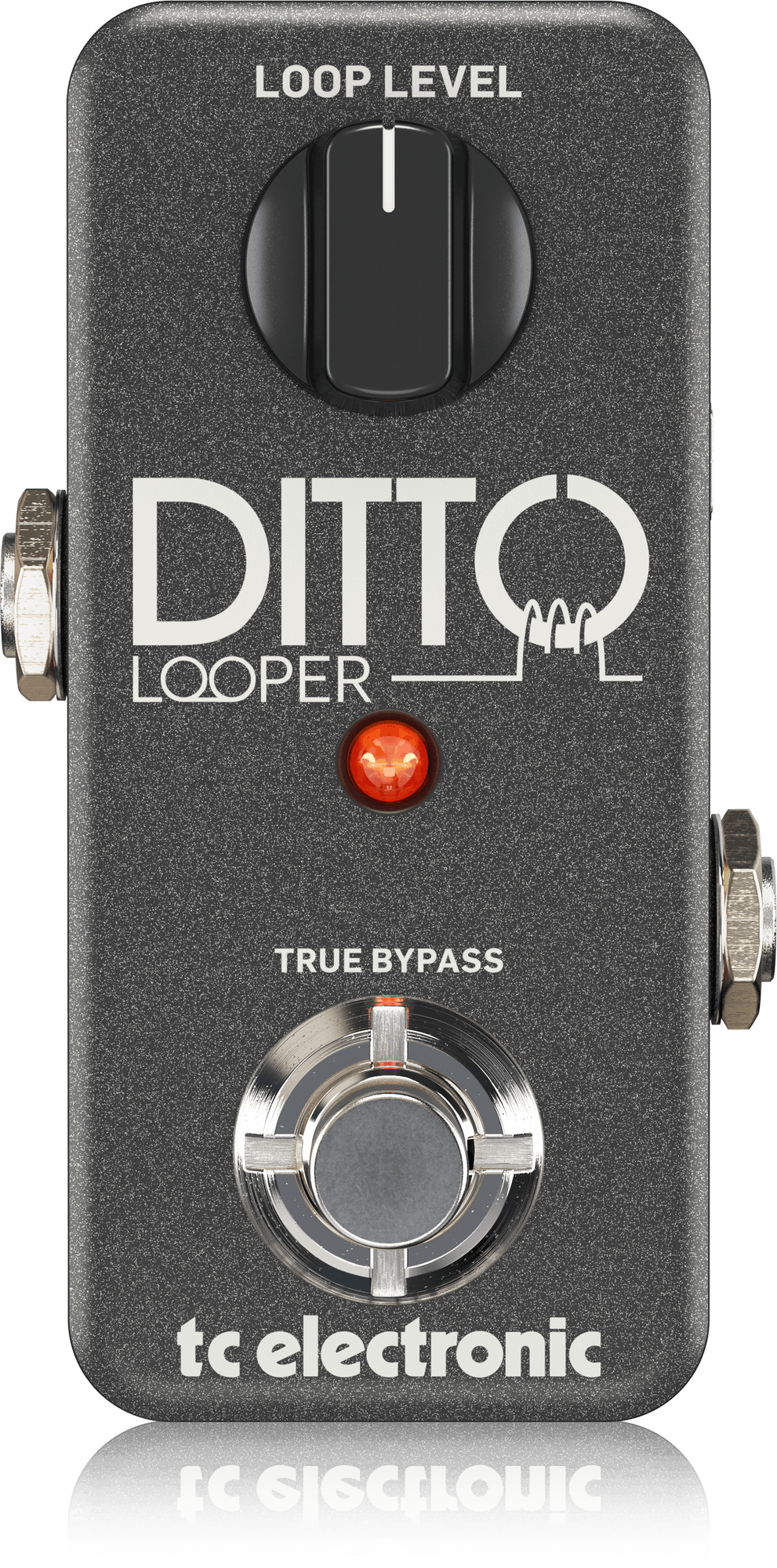A looper pedal might be the best guitar teacher you’ve ever had. It’s especially handy when you don’t have someone with you to play a repeating rhythm. Try looping a simple riff and put your fretboard knowledge to the test with a lead melody over the top. Work on what sounds good and experiment with any variety of technique you like – without your musical partner getting bored of playing the same section over and over again.
Recording that first loop is a form of practice in itself. Playing a part so spot on it’s worthy of multiple repeats is a tricky art to master. It’ll improve your timing and encourage you to play to perfection.
From one of the biggest names in popular music in Ed Sheeran to the enviable musical genius of Jacob Collier, solo artists rely on looper pedals to flesh out their live sound. This is done exactly how you’d expect; a gradual build-up of looped phrases to give the impression of a full backing band.
To get the most out of a live looper performance, you might want to invest in an advanced looper station. These are similar to multi FX units, housing extras features like alternate effects with expression pedal control and potentially infinite loop repeats. Another perk of a looper station are multiple loop banks, which let you transition from a verse to a chorus in a structured way. The end result is a more natural-sounding song formed of multiple phrases.

3. Creative Songwriting
Looping is a great method to discover what song ideas work well together. There are a couple ways to go about it. The first is to loop your rhythm section and play a lead part over the top, giving you plenty of thinking time to perfect your piece. It’ll ensure you’re in the right key and tempo.
The second is to use the function of more advanced pedals line up up two loops back-to-back. Alternatively, you could use a DAW to do this. But it’s a bit more tactile to use a pedal and far less fuss to delete and re-record.
There’s also a chance you forget your new material the next time you go to play it. Saving ideas to banks on a looper pedal is a simple and effective way to jot down and recall your ideas.
4. Recording Potential
You have the potential to dive deep into looper capabilities while recording. Similar to a live performance, creating loops to track in an audio workstation is like building your music up from its simplest form to a cacophony of layers – and back down again if you choose. But under these circumstances, it’s less of a crowd-pleasing activity and one to take your time introducing the right textures. You can always go back and edit what you’ve recorded.
Recording is also where other effects and your looper’s inbuilt tricks come into play. You don’t have to play endlessly to make an interesting song. Sometimes it’s worth keeping the loop repeating while you experiment with the tone of the loop. Placing the looper before other pedals in the guitar’s signal chain opens up even more manipulation possibilities.

5. A Standalone Looper Effect
It might not be possible to use every looper as its own effect like a reverb or delay, but a few particular pedals contain unusual effects to spice up your guitar tone. The likes of Chase Bliss Audio, MXR, TC Electronic and Boss pedals possess the ability to alter the speed, decay and modulation your loops – and even put them in reverse. Arm yourself with a looper to produce these intrepid spirals of noise as you please. It could just inspire your next masterpiece.
Let us know your creative looper ideas across our social platforms on Facebook, Instagram and Twitter.
Carry on reading our Learn guides for more great tips.
Featured Gear











Responses & Questions